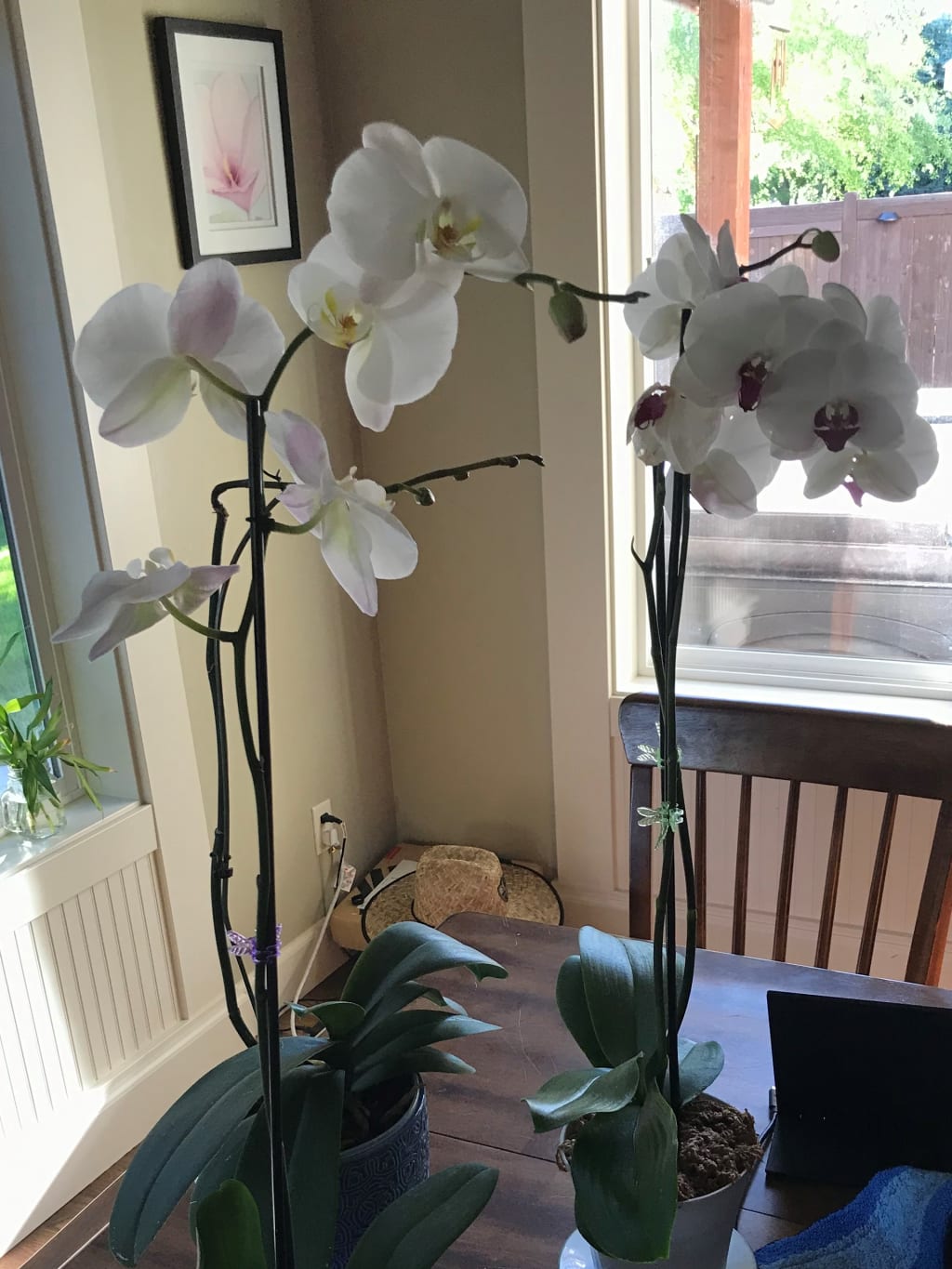
When I was a child, I was always told that I was big. When you’re young, everything is bigger than you, so when people compliment you, saying you’ll be a great football player or wrestler, you don’t know what they’re talking about. You’re just happy that those smiling faces are pointed at you, giving you attention. You’re told you’re strong, and they celebrate when you break a large stick in half or throw a ball an impressive distance. You don’t understand why they’re clapping and cheering you on, but you know you like it. It’s your first taste of pride, and you revel in it. You bask in the glory of attention, but you don’t understand why they sing your praises. It is because of this ignorance that leaves you desperately trying to understand why those same faces look at you with horror when you show them a new feat of strength. The chicks had just hatched, and you wanted to show that you were stronger than that hen that chased you around the yard. The chick barely struggled as you closed your hands around it, and it made only a few sharp peeps as you squeezed it until you felt the crunch of its bones and saw the bright red liquid trickle down your arm. Your mother screamed when you presented to her your new conquest, looking as though you were the monster you were afraid hid in your closet. She never tells you what you did wrong, only screams at you that it was while she cleans your hands of this apparent transgression. From then on, they don’t look at you with those admiring eyes. They stare nervously as you pet a dog or collect eggs from the chickens, constantly reminding you to be nice to them. You’ve always been nice to them, why would they keep saying that?
Some years later, the nervousness faded, and I gained a better understanding of what I did to that little chick in my younger days. Of course, I had forgiven myself for that mistake so many years later, but I could never get my mother’s horrified face out of my head. I saw it whenever I was a little too rough with my younger siblings, or when I scolded my dog for peeing on the floor. Every single moment of strength I had was haunted by that memory of my mother’s widened eyes staring right into mine. I wanted to show her that I wasn’t some brute who wanted to kill animals. I wanted to show her that I was good. Maybe I wanted to show myself that, too. Maybe I needed to prove that I wasn’t a monster before I could truly forgive myself. That’s what led me to the study of botany.
Flowers are such fragile things. Without the perfect combinations of water, sunlight, and soil, they can die in a matter of a day. An especially delicate flower is orchids, which are the ones I chose to devote my time to. They are such fickle creatures, needing to be planted in bark mulch rather than dirt, so their roots do not suffocate. A lesson I did not learn until my second time around. I remember when the stem of an orchid first emerged from its small pot. I was so excited, for I had taken the first step towards my goal. I was so careful, learning everything I could about how to nurture them. Despite my best efforts, the small flower that had appeared wilted and died within a week of blooming. It always made me sad to pull out my small pair of scissors to cut the stem of the orchid, creating a chance for it to try again. It felt like an admittance of defeat to pick up that weapon and use it to tear that little flower apart. Even now, I wonder if it knows what I'm doing to it and if it understands why. It needs to be cut so it can grow again, but I feel that it resents me for it all the same. Perhaps I truly resent myself, for having to partake in the destruction I was working so hard to avoid.
As time went on, and I improved my skills, my orchids began to bloom the way they were always meant to. I tied their stems to thin poles, so that they may grow taller, and they did, standing proud as trophies to my achievement. I had finally nurtured life, used my hands to gently guide a helpless being into prosperity rather than take away its only chance to do so. With this goal achieved, I felt better about taking my scissors out to remove the orchid’s dead flowers and stem once again. I’ll admit that I still had some guilt about harming it, but I took comfort that it was not out of a hunger for admiration or pride, but simply because it is what must be done to allow it to bloom once again. It has been about five years since that first attempt, and I have added more plants to my growing collection. Some are hardy, and I feel that they do not mind when I use my scissors to remove their dead flowers. Some are dainty, like the orchid, and require a more sensitive touch. I enjoy trimming these ones the most, for they serve as a reminder to myself that I can do more than destroy.
About the Creator
Enjoyed the story? Support the Creator.
Subscribe for free to receive all their stories in your feed. You could also pledge your support or give them a one-off tip, letting them know you appreciate their work.






Comments
There are no comments for this story
Be the first to respond and start the conversation.